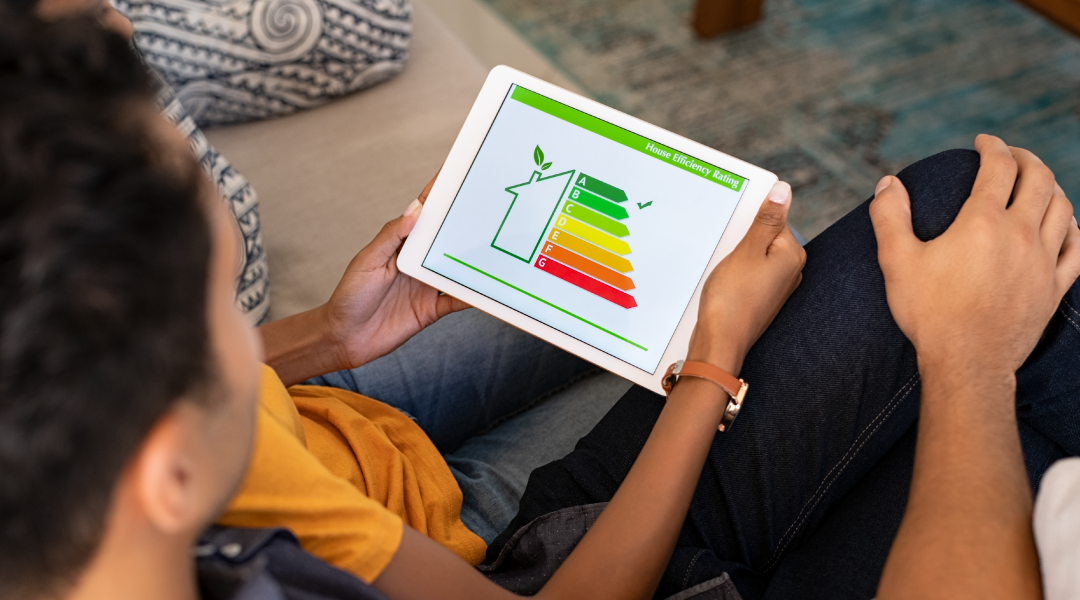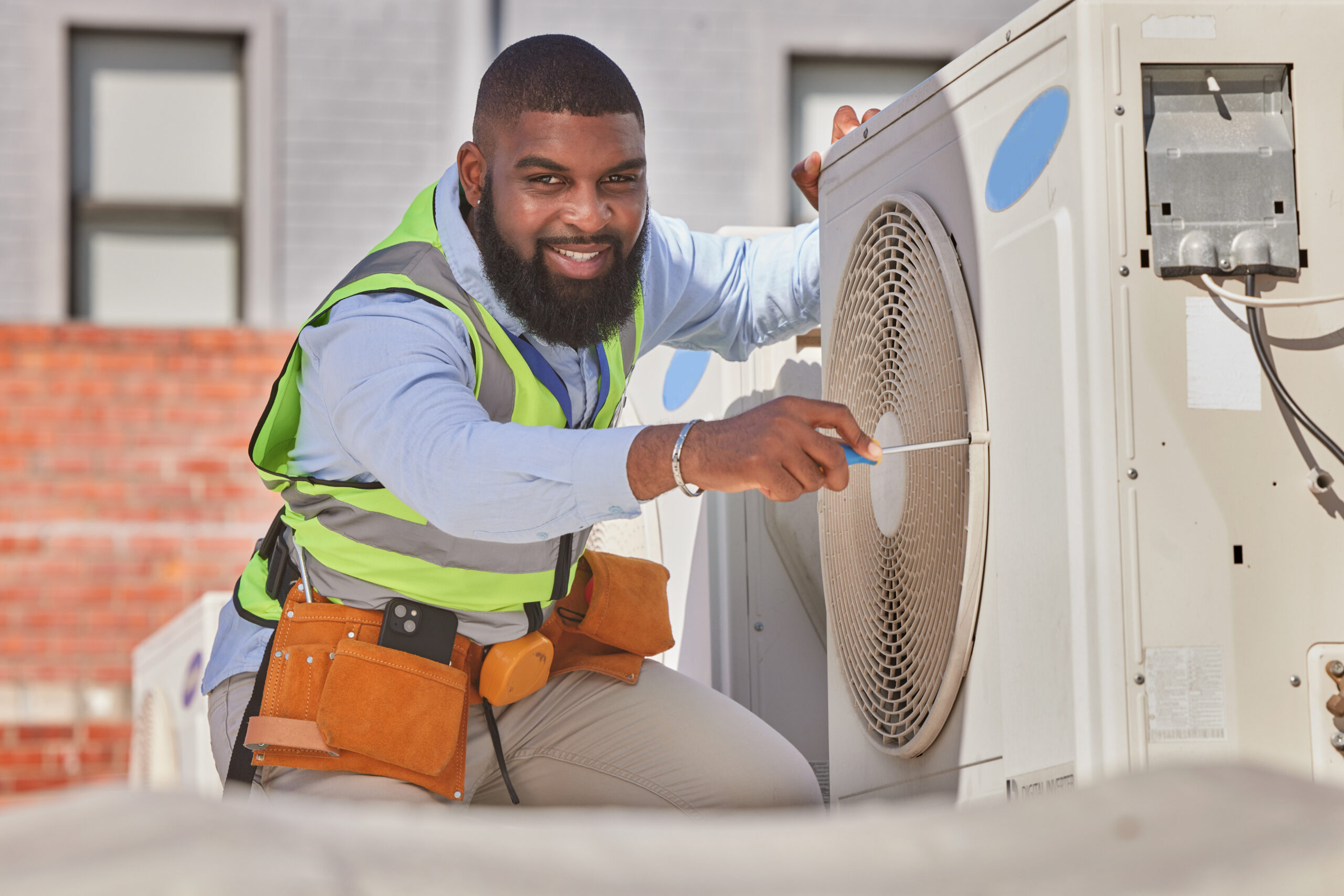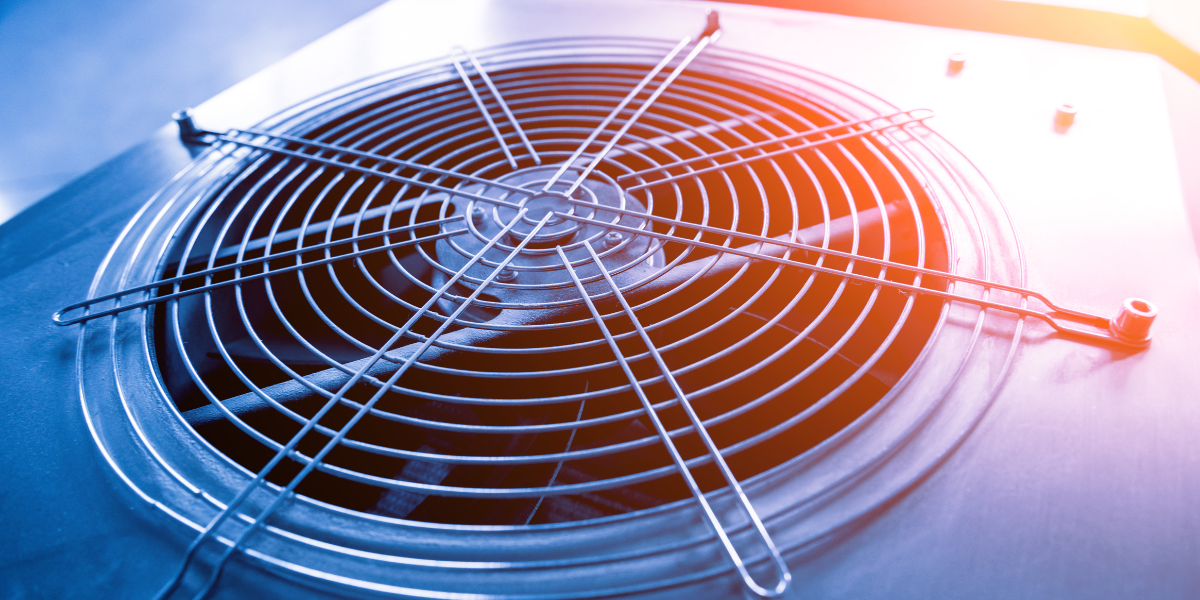The dreaded utility bill. Like clockwork each month you view its staggeringly expensive total, leaving you to ask the same question: why is my utility bill so high and what can I do about it? Utility bills are always a drag, but there are ways to save your money each month. One way is to investigate the SEER rating of your HVAC (heating, ventilation, and air conditioning) system. Join us, as we explain what SEER ratings are, and how this knowledge can help you now and in the future.
How Long Should Your HVAC System Last? Find Out!
What is Seasonal Energy Efficiency Ratio (SEER)?
SEER, or Seasonal Energy Efficiency Ratio, is a rating scale that measures an HVAC system’s energy efficiency. Used for central air conditioning and heat pumps, SEER finds expected energy efficiency for an entire season of the year, and even accounts for the HVAC system starting and stopping. In simple terms, SEER is used to gauge how much energy and money a unit needs to function over the year.
The higher the SEER rating for your HVAC system, the better. Most modern air conditioner’s scores typically range from 14 to 22. In fact, the US Department of Energy requires HVAC systems to have at least a 14 or 15 SEER rating, depending on the state. But how is it calculated?
HVAC systems are tested in a procedure called the AHRI (Air Conditioning, Heating, and Refrigeration Institute) Standard 210/240-2023, which subjects the system to a series of conditions to simulate different temperatures and humidity levels. The performance is measured and recorded, and the resulting data is then used for SEER calculations. The SEER rating itself is found by dividing the total number of BTUs (British thermal units) by the total amount of energy expended by the air conditioner in watt-hours. This provides an energy efficiency rating over the cooling season instead of just a moment in time.
The Update to SEER2
Starting in 2023, SEER was updated to a new calculation called SEER2. SEER2 is like its predecessor, though it reflects new testing standards that provide more accurate ratings.
In many cases, HVAC systems’ ratings won’t change very much, however efficiency ratings will be about 5% lower under SEER2 than SEER in most equipment.

SEER vs. Energy Efficiency Ratio (EER)
Another important rating you may see floating around is EER (Energy Efficiency Ratio). EER ratings measure how well an air conditioner performs and how much energy it uses when active. Like SEER, the higher the EER, the more energy efficient the system is. What is the difference between EER and SEER?
The primary difference between these two rating systems is SEER finds expected energy through the season, while EER only tests at a peak cooling time, specifically when the external temperature of 95°F. Finally, SEER accounts for your HVAC system stopping and starting, but EER assumes the systems runs at a continual, steady state.
This is not to say that EER is not a worthwhile rating system, but you should know the difference in these two ratings when considering an HVAC system.
Why Homeowners Should Care About SEER/SEER2 and EER
All these ratings, whether SEER, SEER2, or EER matter. Everyone wants to live in a comfortable space, and no one wants huge utility bills. Selecting an HVAC system with a higher SEER/SEER2 or EER rating means you will save money every month on utility bills and help the environment at the same time! With the right system, a higher investment in an efficient HVAC system will eventually pay for itself. These ratings are certainly a factor to consider for a future HVAC system.
How ALL Temp Heating & Cooling Can Help
Choosing and understanding HVAC systems can be difficult. With ALL Temp Heating & Cooling, you can relax and cool off knowing our team of experts is here to help you through this process. With over 20 years in business serving Michiana, glowing feedback from our clients, and our proud offering of Armstrong Air products featuring outstanding SEER ratings, we are your go-to choice for your heating and cooling needs.
Ready to save money? Contact us to learn more about our energy-efficient HVAC solutions and see your monthly utility bills go down!





